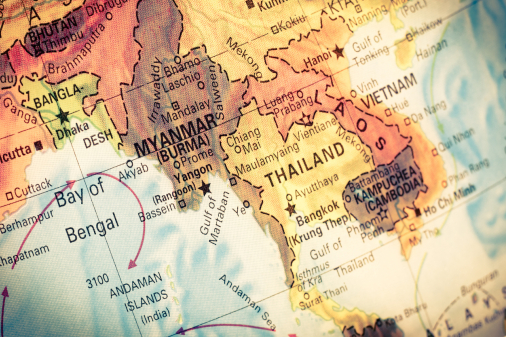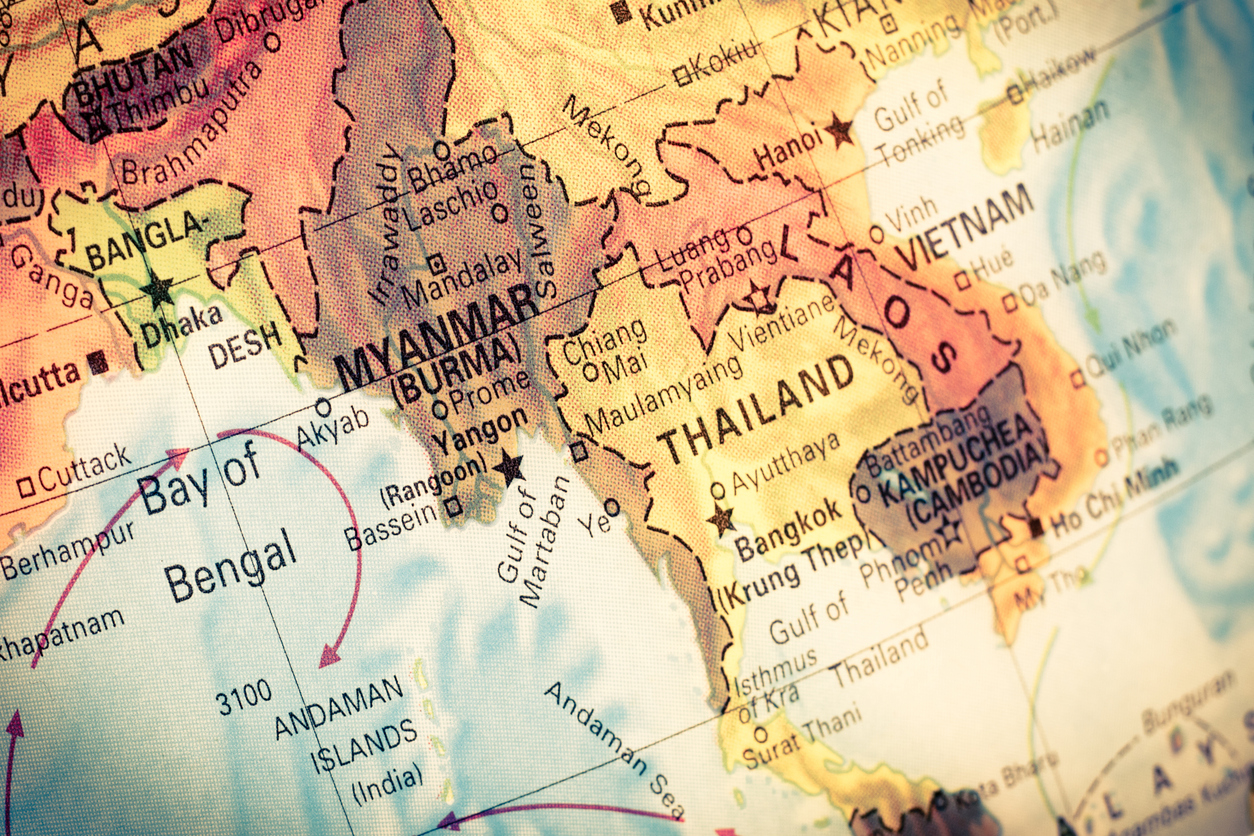Myanmar Earthquake Deepens Crisis for Religious Minorities

The catastrophic 7.7-magnitude earthquake that recently struck central Myanmar has exacerbated the challenges faced by the nation’s religious minorities. Already vulnerable Christian communities are now facing increased displacement and crisis.
With its epicenter in Mandalay, the earthquake has wreaked havoc across several regions, including Shan, Bago, Sagaing, Magway, and Nay Pyi Taw. The devastation has resulted in thousands of deaths, hundreds of missing persons, and concerns that the death toll may rise above 10,000 as rescue efforts persist.
Amid the disaster’s widespread impact, Myanmar’s religious minorities, notably Christians and ethnic faith groups, are enduring intensified hardships. These groups, already subjected to systemic repression, find themselves underserved in relief operations.
Restrictions imposed by Myanmar’s government on building and repairing religious sites have left these structures particularly susceptible to damage. Consequently, Christian communities have reported significant destruction to churches and other religious institutions.
Fides News Agency reports that St Michael’s Catholic Parish in Mandalay and St Joseph’s Cathedral in Taunggyi have suffered substantial structural harm, making them unsafe for congregations. Similarly, St Joseph’s Cathedral in Shan State’s capital, Taunggyi, has been affected.
In response, church leaders are calling on their communities to provide shelter, aid, and prayers to those displaced. The losses are not only physical but also spiritual, as many congregations lack secure venues for gathering and support.
Christian relief organizations have mobilized quickly to address the crisis. Samaritan’s Purse has dispatched teams from Vietnam and Cambodia, establishing an emergency field hospital in Myanmar. The organization, led by Franklin Graham, has also sent medical personnel, along with supplies such as water filters, hygiene kits, and temporary shelters.
Christian Aid has initiated a locally driven response, noting severe flooding following the Kyaukse Kinta Dam breach. They are providing clean water, food, shelter, and cash assistance, with a focus on religious minorities.
International aid has also arrived from China, Russia, India, Thailand, Malaysia, and Singapore following a rare appeal for help from the junta. However, a Taiwanese rescue team remains on standby, unable to enter due to geopolitical issues.
Compounding the disaster is the ongoing military aggression, particularly affecting religious and ethnic minority regions in Sagaing, Kachin, and Karen. The junta’s continued airstrikes in these areas hinder both local and international aid efforts.
The National Unity Government (NUG) has called for a two-week ceasefire to facilitate aid delivery, but the junta has rejected this plea. UN Special Rapporteur on Human Rights in Myanmar, Tom Andrews, has condemned the obstruction, stating that the military is “weaponising aid” to further suppress minorities.
Human rights advocates are urging global action to pressure Myanmar’s military to halt hostilities, permit unhindered humanitarian access, and ensure equitable distribution of relief. Mervyn Thomas, founder president of Christian Solidarity Worldwide (CSW), emphasized, “It is vital to support relief and recovery efforts in Myanmar and to ensure that humanitarian assistance reaches all affected communities equitably.”
“No effort must be spared to ensure that the rights and dignity of every community, regardless of faith, are upheld during this critical time, and the international community must also press the military regime to ensure that the systemic inequities that leave minority communities especially vulnerable are addressed,” Thomas added.
This article was originally written by www.christiantoday.com






